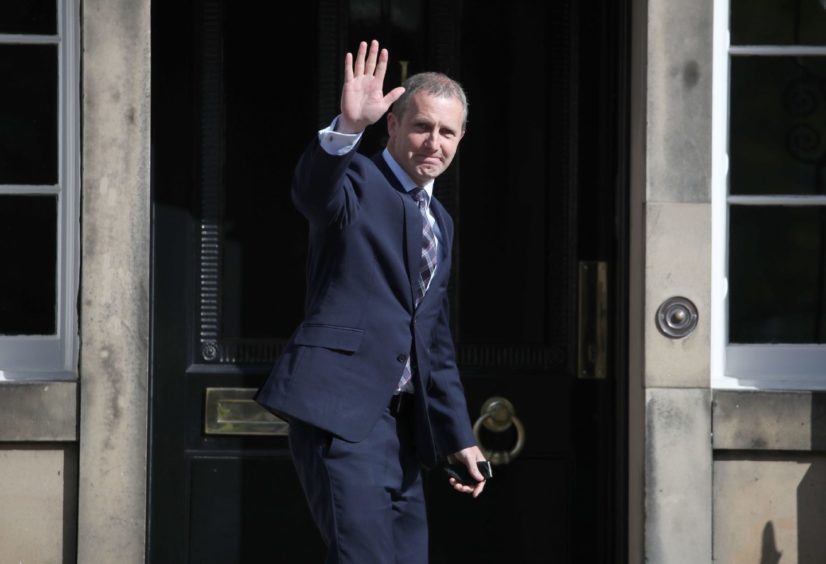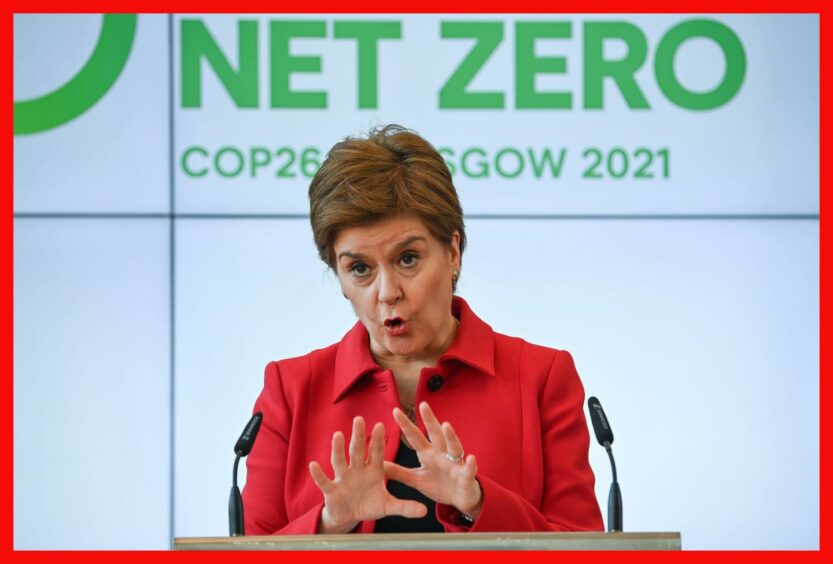
Scotland’s net zero secretary has said Holyrood would allow North Sea oil and gas exploration, if the country were to break away from the rest of the UK.
In an interview with The Scotsman, Michael Matheson said an independent Scotland would “still require an access” to hydrocarbons, justifying the need for drilling on the UK Continental Shelf.
He also disagreed that the economic case for independence in the run up to the 2014 referendum, which relied greatly on the oil price, was incorrect.
Instead, Mr Matheson said that any new White Paper ahead of another independence vote would spotlight the country’s renewables industry.
His comments are at odds with those previously expressed by the First Minister, who recently described oil and gas as Scotland’s “most difficult” issue.
In a separate speech last month, Nicola Sturgeon said the idea to keep extracting oil and gas until the “last possible moment” was “fundamentally wrong”.
But asked by The Scotsman as to whether that means Scotland would curtail oil and gas drilling after leaving the UK, Mr Matheson said: “No it doesn’t because we’re still some way off from decarbonising our society and we will still require an access to a level of hydrocarbons.”
He added that oil and gas licencing in an independent Scotland would balance the need for oil and gas with efforts to hit net zero by the legally binding target of 2045.
The cabinet minister also said Scotland’s efforts to reach the deadline, which is five years earlier than the rest of the UK, would be impacted by Westminster.
Speaking to the Edinburgh-headquartered newspaper he said: “This is part of the challenge you have within a devolved settlement in Scotland, is that we have got statutory targets to become net zero by 2045, but some of the decision making that needs to made in order to help us achieve that remain reserved to the UK Government.
“It is in some ways one of the things that the UK Government need to recognise and acknowledge is that there are different timelines in the UK in becoming net zero.
“They need to make decisions in line with what is required in Scotland to help to support us and at present moment there is a bit of a disjoint in how that happens.”

 © PA
© PA